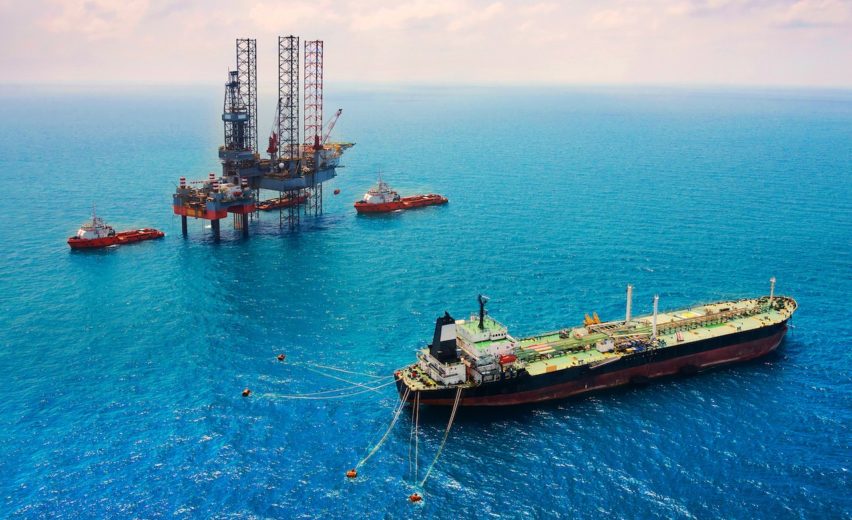Health and safety are of paramount importance on oil, gas and power platforms.

Health and safety are of paramount importance on oil, gas and power platforms. These are highly complex work environments with equipment and processes that can pose hazards to workers, such as fires, explosions and exposure to toxic chemicals.
Companies operating in these environments must follow strict occupational health and safety standards to ensure the safety of workers and the environment. These standards are defined by regulatory bodies and international organizations, such as the International Labor Organization (ILO) and the International Association of Oil and Gas Producers (IOGP).
- Among the occupational health and safety measures that must be adopted on oil, gas and energy platforms, we can mention:
- Adequate training of workers regarding safety and emergency procedures;
- Use of individual protection equipment (EPIs) and collective protection equipment (EPCs);
- Regular inspections of equipment and facilities in order to identify possible failures or risks;
- Control and monitoring of toxic gases and chemicals;
- Maintenance and proper operation of safety equipment such as fire detection systems, fire extinguishers and rescue systems;
- Elaboration of emergency and evacuation plans, with regular training for workers;
- Implementation of occupational health programs, including periodic medical examinations, to identify possible work-related illnesses. In addition, companies must always be aware of the rules and regulations in force, updating their procedures and practices whenever necessary.
Health and safety on oil, gas and energy platforms is the responsibility of everyone involved in the operation, from top management to field workers, and must be treated with due seriousness and commitment.